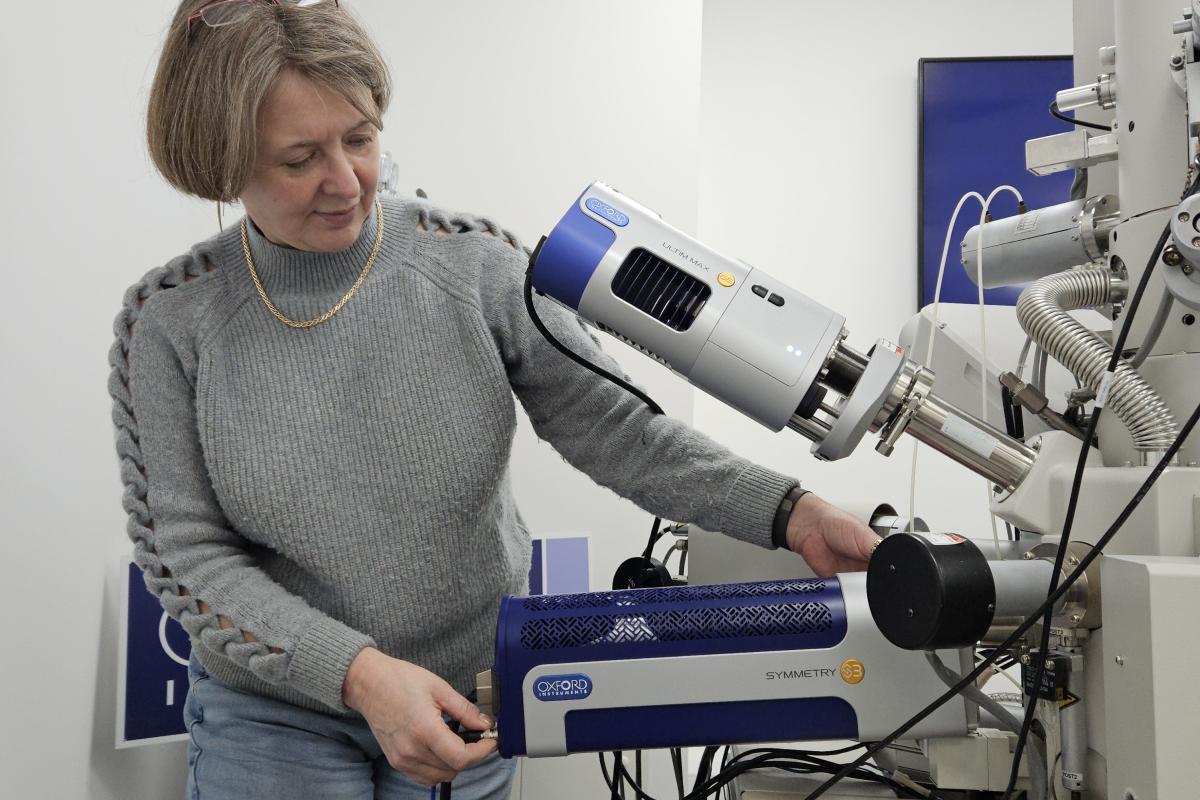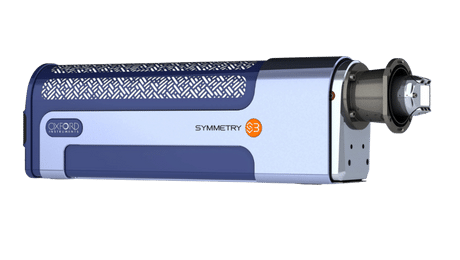6 May
Oxford Instruments awarded King’s Award for Enterprise in Innovation
Oxford Instruments, a market-leading technology company with a track record of over 60 years of accelerating scientific breakthroughs, has been awarded the King's Award for Enterprise in Innovation for its Symmetry detector.

Symmetry was created to enable deeper understanding of a wide range of materials, analysing their properties with incredible precision. With its ability to operate at the nanoscale – that is, to billionths of a metre, or 1,000 times smaller than a human hair, Symmetry is used in a multitude of exciting applications across the world. Customers have used the detector to improve the performance of batteries in electric vehicles, resolve defects in solar panel cells, monitor materials used in extreme environments and support the production of semiconductors for mobile phones. Symmetry has even been used to analyse meteorites, providing insights into the formation of rocks from outer space.
Developed at Oxford Instruments’ materials analysis base in High Wycombe, Symmetry uses a technique called electron backscatter diffraction (EBSD) to identify tiny flaws or weaknesses in the structure of materials. This helps researchers understand how these faults formed and how they can be addressed. With its ability to capture samples 12 times faster than its predecessors, with greater sensitivity and at much higher resolution, Symmetry has revolutionised the analysis of a wide range of materials.

The King’s Awards for Enterprise are recognised as the most prestigious award for UK businesses. This is the 15th time since 1967 that an Oxford Instruments company has secured an award through the scheme, which was set up in 1965 by the late Queen Elizabeth II to recognise outstanding achievement.
Richard Tyson, CEO, said “To receive a King's Award for Enterprise is fantastic recognition for our brilliant materials analysis team who have developed this remarkable step-change in technology. Symmetry is now allowing quicker, sharper analysis by even more researchers across the world, paving the way for our customers to discover and bring to market further exciting advances that drive human progress.”

